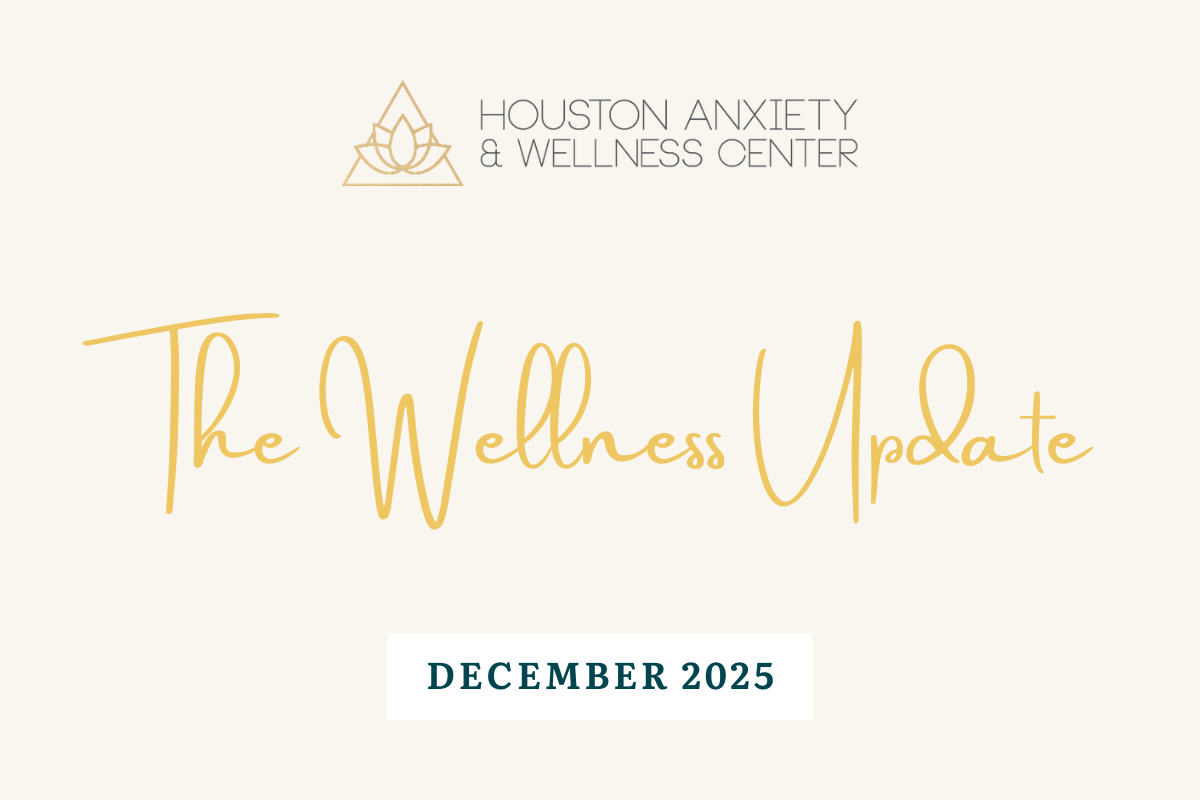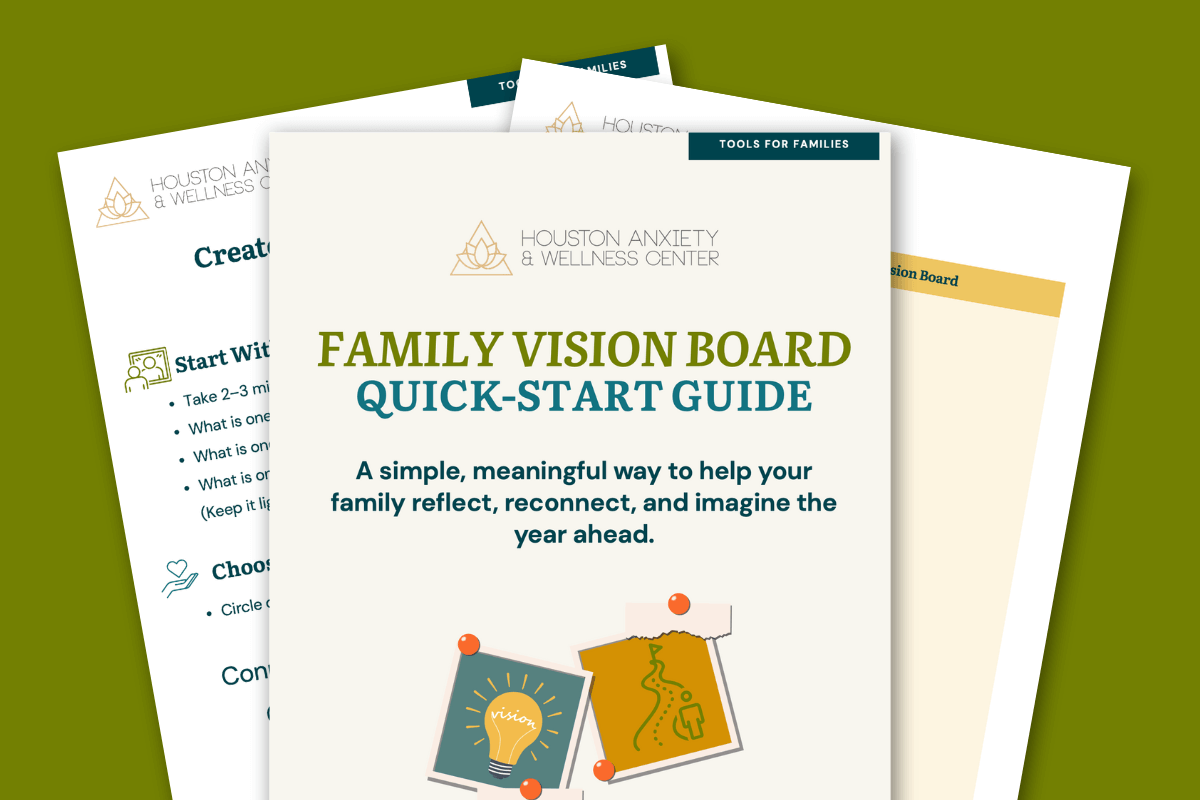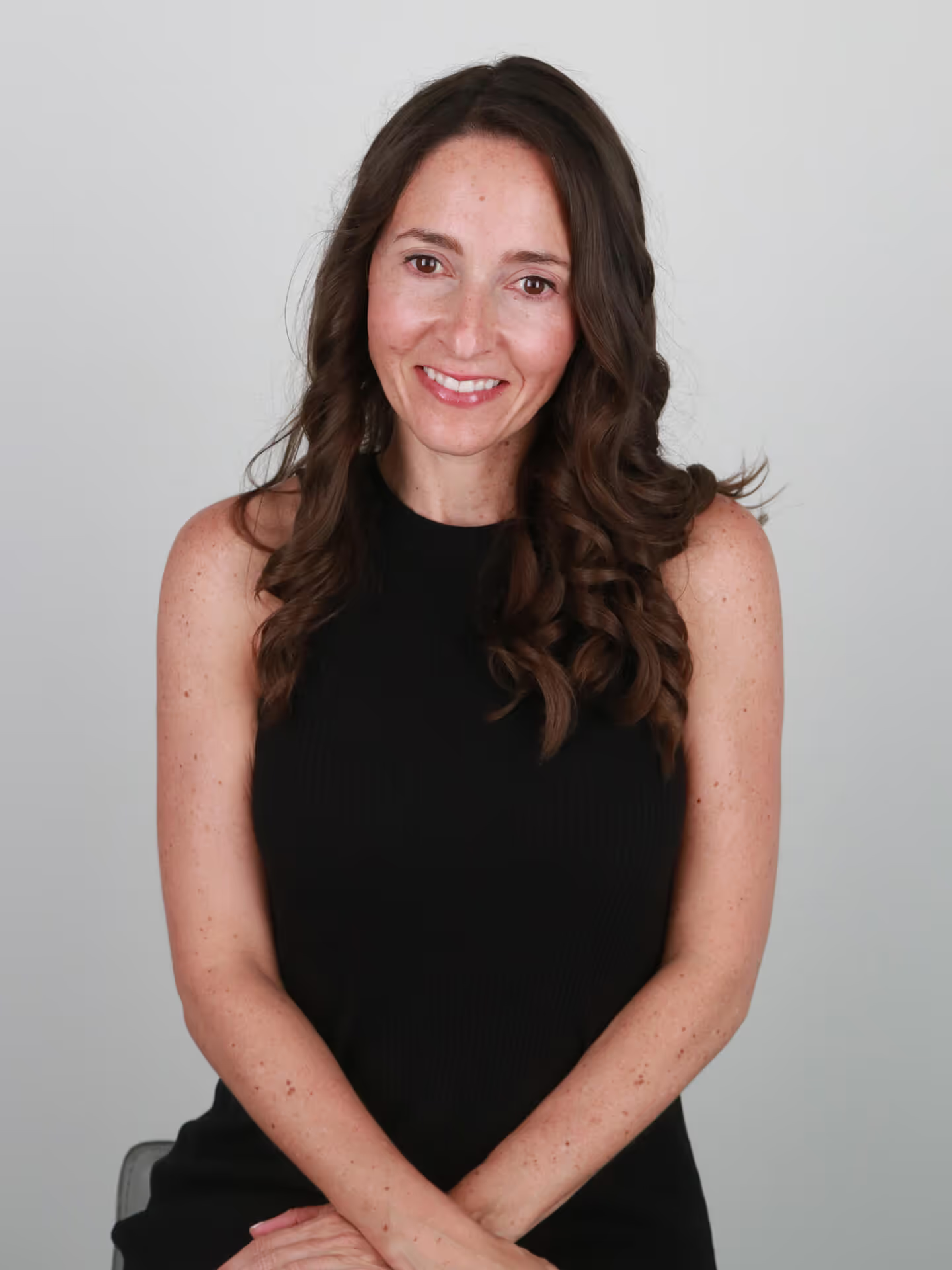
In addition to being a therapist, I am also a wife and a mother to three unique children ages 16, 14 and 12. Like most parents, I am in the trenches more days than not, trying to keep my head above water. My expertise as a therapist is not in seeking or achieving perfection, but in laying the foundation for progress.
One of the most useful tools I access when I am in the therapy room is teaching my clients the power of the pause. When clients feel that they are drowning, or even just struggling in relationships with spouses, partners, parents, children, coworkers, and friends, I take the time and space in session to teach and model the simple act of pausing before responding. Although simple, pausing is not necessarily easy.
“Between stimulus and response there is a space. In that space is our power to choose our response. In our response lies our growth and our freedom.” -Viktor Frankel
Pausing, breathing, and responding – instead of immediately reacting in conversations or in our environment, changes the course of the relationships with the people who are most important to us including ourselves. Pausing allows us to ask “what is most important to me”? Taking the time to answer allows us space for focusing on our values so that we can respond in a way that aligns with who we are committed to being.
Pausing is a practice and not something we can not seek to perfect. The next time you catch your child playing video games when they are supposed to be studying, or your partner forgets to call you back for the third time, or your parent makes you feel guilty for not prioritizing them, or you feel that no one is appreciating you → pause, breathe, and respond only after asking yourself what is most important to you. In my experience and the experience of my clients the result of the pause is often a response that expresses a positive commitment instead of a reaction that results in regret and shame.
This practice will result in progress. Progress is achieved one day at a time and sometimes one breath at a time! Truly, the pause may be simple and not always easy: it requires insight, patience, and a commitment to who we want to be: our true, idealized self.
In a world where there is no rewind and no fast forward can you utilize the pause as an access to clarity, intentionality and progress?
Privacy Notice: By providing your email, you understand this resource is educational only and doesn't establish a therapeutic relationship. We use Flodesk (non-HIPAA compliant) to deliver this content and general practice updates. Your email will not be shared with third parties.
In addition to being a therapist, I am also a wife and a mother to three unique children ages 16, 14 and 12. Like most parents, I am in the trenches more days than not, trying to keep my head above water. My expertise as a therapist is not in seeking or achieving perfection, but in laying the foundation for progress.
One of the most useful tools I access when I am in the therapy room is teaching my clients the power of the pause. When clients feel that they are drowning, or even just struggling in relationships with spouses, partners, parents, children, coworkers, and friends, I take the time and space in session to teach and model the simple act of pausing before responding. Although simple, pausing is not necessarily easy.
“Between stimulus and response there is a space. In that space is our power to choose our response. In our response lies our growth and our freedom.” -Viktor Frankel
Pausing, breathing, and responding – instead of immediately reacting in conversations or in our environment, changes the course of the relationships with the people who are most important to us including ourselves. Pausing allows us to ask “what is most important to me”? Taking the time to answer allows us space for focusing on our values so that we can respond in a way that aligns with who we are committed to being.
Pausing is a practice and not something we can not seek to perfect. The next time you catch your child playing video games when they are supposed to be studying, or your partner forgets to call you back for the third time, or your parent makes you feel guilty for not prioritizing them, or you feel that no one is appreciating you → pause, breathe, and respond only after asking yourself what is most important to you. In my experience and the experience of my clients the result of the pause is often a response that expresses a positive commitment instead of a reaction that results in regret and shame.
This practice will result in progress. Progress is achieved one day at a time and sometimes one breath at a time! Truly, the pause may be simple and not always easy: it requires insight, patience, and a commitment to who we want to be: our true, idealized self.
In a world where there is no rewind and no fast forward can you utilize the pause as an access to clarity, intentionality and progress?
Recent Posts

Finding Hope in the Mess: A Family Guide to the New Year
Tired of rigid resolutions? Learn the science of hope and use our Family Vision Board Guide to reconnect, regulate, and imagine a meaningful 2026 together.

Create Your Best Year Yet: The Family Vision Board Quick-Start Guide
Reflect, reconnect, and imagine your family's year ahead! Download this simple, meaningful quick-start guide to create your Family Vision Board for 2026.


